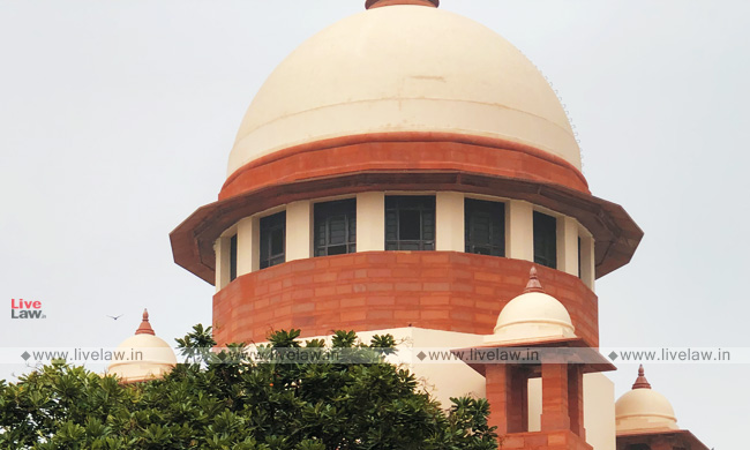Merely because the accused is a poor man and/or a carrier and/or is a sole bread earner cannot be such mitigating circumstances in favour of the accused while awarding the sentence/punishment in the case of Narcotic Drugs and Psychotropic Substances Act, the Supreme Court observed.The bench comprising Justices DY Chandrachud and MR Shah observed that while striking balance between the...

